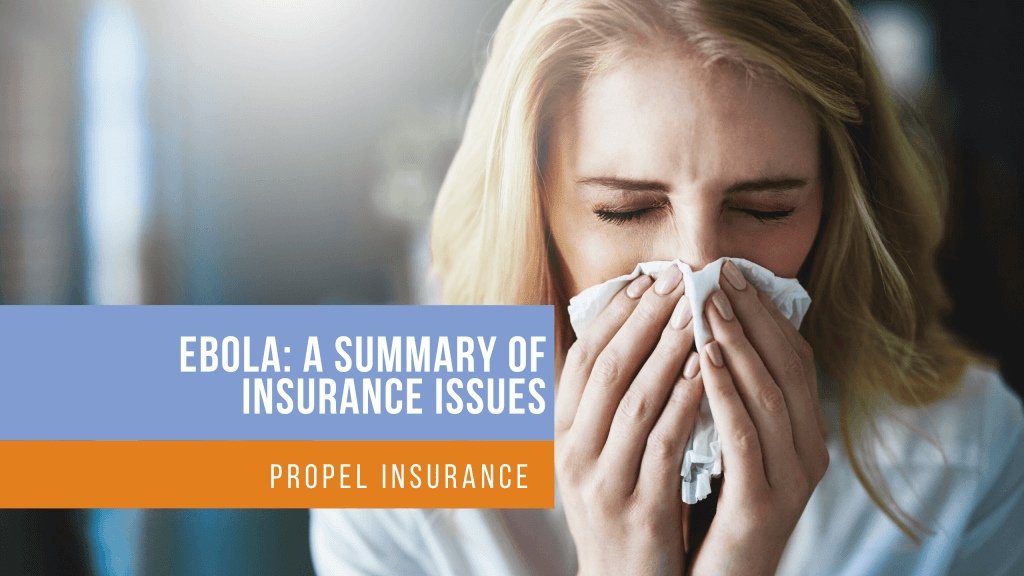Propel provides innovative insurance solutions to thousands of companies across the country. We make it our business to know your world inside and out.
Management Liability
Ebola: A Summary of Insurance Issues
The current Ebola crisis is of great concern worldwide. While its growth has slowed in some places, it continues to affect many people each day and it remains a significant threat.
Many organizations wonder how their insurance coverage will protect them in the event of staff or employee exposure. The following are very short summaries of insurance issues associated with Ebola and, generally, with widespread outbreaks of serious diseases.
Workers’ Compensation
Worker’s Compensation coverage is only triggered if it can be shown that the patient contracted the disease by way of a causal event at the workplace. In hospital settings, this can be easy to establish. In other contexts, such as hospitality or retail, it is less clear cut.
Foreign Voluntary Workers’ Compensation
Workers’ Compensation coverage for employees traveling outside the United States can be purchased as a stand-alone policy or by endorsement to a standard Worker’s Compensation policy. Stand-alone policies offer broader coverage.
Employer’s Liability (Stop Gap)
Employer’s Liability is important where an employee becomes ill at work and, in turn, transmits the disease to others such as a family member. Limits under a basic Employer’s Liability policy might not be sufficient for claims brought by the family member.
Medical Malpractice
A serious disease raises the risk of claims arising out of misdiagnosis. The death of Thomas Eric Duncan at Texas Presbyterian Hospital Dallas reportedly involved an initial misdiagnosis. This claim faces a number of hurdles. In Texas, there is a cap on damages of $250,000 and a high standard of liability (“willful and wanton”) for claims against emergency room doctors.
General Liability
Travel, hospitality, entertainment, and sports event companies, in particular, may face lawsuits if members of the general public contract Ebola in their facilities. General Liability policies have Pollution Exclusions which may bar coverage for viral or bacterial contamination.
Is it covered by Medical Malpractice or General Liability?
The following claims scenario could implicate either Medical Malpractice or General Liability depending on how the policy is read. A patient becomes ill after having been placed in a room with an Ebola victim. Was the room assignment part of the hospital’s ‘medical services?’ If so, then it could be covered as a Malpractice claim. If not, then it might be more properly classified as a General Liability claim.
Property Insurance
Property policies might provide Business Interruption coverage for businesses shut down due to Ebola. Normally, property policies cover sudden and actual physical damage, but this can be expanded to include ‘contamination.’ The trigger is usually regulatory closures by the government (Health Department) and would not likely respond to voluntary closures.
Pollution Insurance
A Pollution policy could provide coverage for cleanup and decontamination costs, business interruption and crisis management (public relations). However, it would not likely cover claims for illness/bodily injury. Often, the trigger for ‘facility-borne’ illnesses, so Ebola would have to be classified as such for coverage to apply. Also, Pollution policies often exclude communicable diseases.
Directors & Officers Liability
Directors & Officers Liability insurance would become relevant if investors or other business partners suffer a financial loss (as opposed to bodily injury) due to a company’s mismanagement of their Ebola risk or failure to prepare. Depending upon the details of the claim, it may be barred by the Bodily Injury Exclusion found in all D&O policies.
Cyber Liability
As has been the case in other crisis situations, criminals have been sending malware-infested emails with fake solicitations for donations for the benefit of Ebola victims.
Employer Stop Loss
For large employers who self-fund their employee benefit plan, the Stop Loss coverage should include an Aggregate in the event multiple employees become ill.
These descriptions are for summary purposes only and are not a complete guide to all possible insurance issues. Please consult with your agent about the possible impact on your organization of any widespread infectious diseases.


